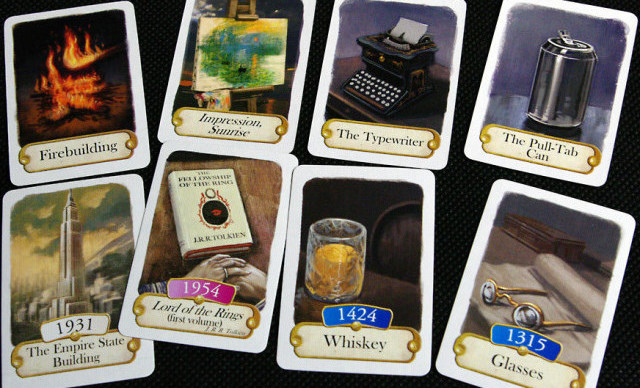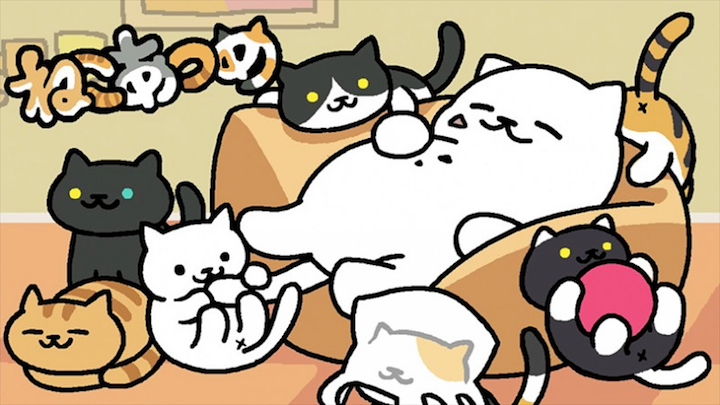I spent about two early morning hours playing a game this weekend. I woke up early so that I could sneak in some gaming hours to play a game that I wanted to write about before my daughter woke up and started demanding breakfast or some such nonsense. What the game was doesn’t really matter because what I want to talk about is my experience around the game.
Near the end of my gameplay session my daughter came out of her room and snuggled next to me on the sofa. She looked at the game and asked if it was new and what it was called. Once I told her she asked, “Is it any good?” and I laughed and responded, “Nope, it’s really kind of hot garbage!”. The phrase “hot garbage” brought spasm of laughter from her 7 year old body and once she stopped laughing she asked what made it so bad. So I paused the game and gave her a detailed run down of the failures of the attempt at story, the shoddy graphics, and the mechanics that made it more well suited for a mobile platform than a console and how that made the game neigh unplayable. And then came the question that hit like a gut punch (my kid is really good at those), “Then why are you playing it?”. It was the find of question that I would ask someone with a couple of expletives tossed in for good measure.
And the funny thing was that I didn’t have a good answer. Why was I playing this game? It may or may not have been a game that other games venues were going to be talking about, but as we are not games journalists (despite popular belief) so there is no rush–or necessity–for us to cover the newest and hottest. We are here to look at and think about games and the games industry from a cultural (and feminist) perspective. And really there was nothing about this particular title that was that interesting when viewed through those lenses, not for me at least. So I dropped the controller and we went downstairs and made strawberry waffles with whipped cream for breakfast.
Playing games that just aren’t entertaining to me is something that I stopped doing long ago (at least in my personal fun time). All to often I find myself obligated to play games that just aren’t my cup of tea for research purposes, especially when it illustrates a point that I am attempting to make all too well. But that is kind of the nature of the beast. We read theories that we don’t like in order to address them with some real knowledge of what is going on and we play games that we don’t particularly like for the same reason. But when it comes to writing review pieces of a game (unless we agreed to do it in exchange for access to the game) it’s just going to have have to be a no.
Not being a games journalism site give us a certain amount of freedom, it gives us the freedom to not talk about games that we really don’t want to talk about, it gives us the freedom to talk about older games, and it gives us the freedom to call games “hot garbage” without the fear of losing sponsors or being removed from reviewers’ lists (though we are generally a bit more nuanced in our reviews than that). (But it’s important to remember that games journalism is amazing and it does great things for our community.)
Being a games criticism site also gives us a certain amount of freedom, the freedom to talk more specifically about social implications and connections in games and to get theoretically geeky with it from time to time. It gives us the freedom to talk about ways that we can use games outside of the realm of strictly entertainment, and it gives us a wonderful opportunity to boost the voices of the marginalized in our community and not just to boost those voices, but to specifically focus on them. Basically, it gives us the right to do whatever the hell we want to while maintaining the level of professionalism, ethics, and quality that we have set for ourselves. We revel in this freedom and we giggle quietly to ourselves (or rage loudly, depending on the day) when we read something akin to “you are exactly what’s wrong with games journalism”, because we are not. We see ourselves as being (part of) what is right with games criticism. A site, a podcast, a community that is working very hard to make our community, and the world around us, a better place while having some fun playing and talking about video games.




